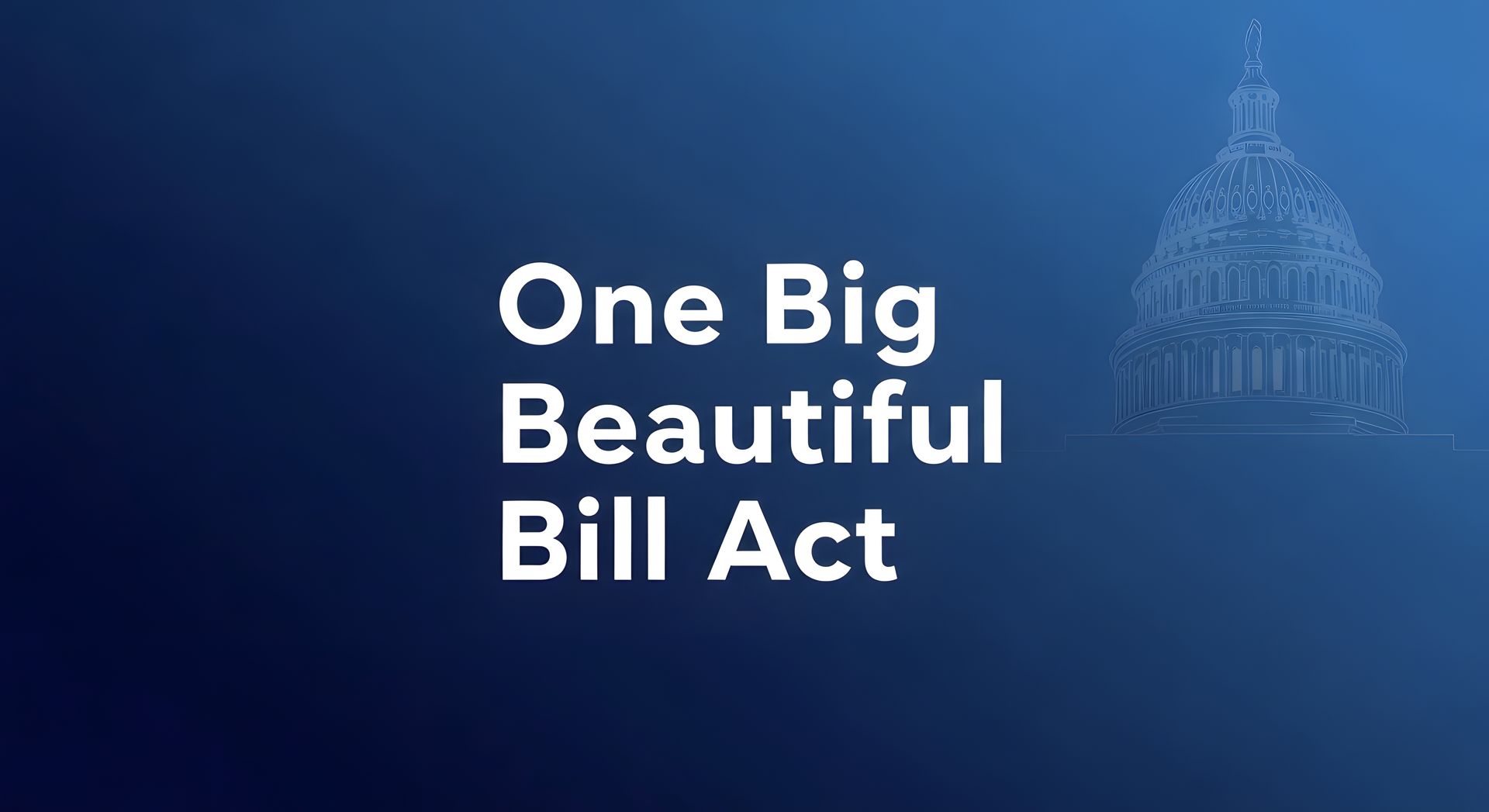Understanding the Beneficial Ownership Information Reporting Rule (BOIR Rule) Under the Corporate Transparency Act
In 2024, the Corporate Transparency Act (CTA) ushered in a significant change in the landscape of corporate regulations in the United States. One of the key provisions of this act is the Beneficial Ownership Information Reporting Rule (BOIR Rule), which aims to enhance transparency in corporate structures and prevent illicit financial activities. Understanding the BOIR Rule is crucial for businesses and individuals, as compliance is now mandatory. Let's delve deeper into what this rule entails and its implications.
What is the BOIR Rule?
The BOIR Rule requires certain businesses to report information about their beneficial owners to the Financial Crimes Enforcement Network (FinCEN). Beneficial owners are individuals who directly or indirectly own or control a significant portion of the business. This rule aims to curb illicit financial activities, such as money laundering, terrorism financing, and tax evasion, by providing law enforcement agencies access to crucial ownership information.
Who is Affected?
The BOIR Rule applies to a broad spectrum of legal entities, including corporations, limited liability companies (LLCs), and other similar entities formed under state law. Specifically, entities created or registered after the rule's effective date are subject to reporting requirements. Even entities formed before the act must comply with reporting obligations during specific triggering events, such as ownership or corporate structure changes.
What Information Needs to be Reported?
Businesses covered under the BOIR Rule must report detailed information about their beneficial owners to FinCEN. This includes the owner's full legal name, date of birth, current residential or business address, and a unique identifying number from an acceptable identification document, such as a driver's license or passport. Furthermore, entities are required to provide updates to this information within a specified time frame following any changes or upon request by FinCEN.
Benefits of the BOIR Rule:
- Enhanced Transparency: By requiring businesses to disclose information about their beneficial owners, the BOIR Rule promotes transparency in corporate structures, making it more difficult for individuals to hide illicit activities behind complex ownership arrangements.
- Improved Law Enforcement: Access to accurate and up-to-date beneficial ownership information empowers law enforcement agencies to investigate and prosecute financial crimes more effectively, including money laundering, fraud, and terrorism financing.
- Leveling the Playing Field: The BOIR Rule helps level the playing field for businesses by ensuring that all entities, regardless of size or industry, adhere to the same reporting standards. This fosters a fairer business environment and reduces the risk of illicit actors gaining unfair advantages.
Reporting Timeline:
The Beneficial Ownership Information Reporting Rule (“BOIR RULE”) under the Corporate Transparency Act (“CTA”) became effective January 1, 2024, implemented primarily through a rule published by the Financial Crimes Enforcement Network (“FinCEN”) on September 30, 2022. This rule triggered beneficial ownership reporting requirements for millions of businesses and entities (unless exempt).
- If the business was established before January 1, 2024, the initial report is due by January 1, 2025. This provides existing entities with a grace period to gather and submit the required information to FinCEN.
- If the business was established after January 1, 2024, but before January 1, 2025, the initial report is due 90 calendar days after it was established. This timeline ensures that newly established entities promptly comply with reporting requirements.
- For businesses established after January 1, 2025, the initial report is due 30 calendar days after it is established. This tight deadline emphasizes the importance of immediate compliance for newly formed entities.
It is important to note that failure to comply with the reporting timeline and requirements outlined by the BOIR Rule can result in hefty penalties. Noncompliance may subject businesses to fines, sanctions, or other enforcement actions imposed by FinCEN. Therefore, businesses must understand their reporting obligations and adhere to the specified timelines to avoid potential penalties.
Challenges and Concerns:
While the BOIR Rule offers numerous benefits, its implementation may pose challenges for businesses. Compliance with reporting requirements can be time-consuming and resource-intensive, particularly for small and medium-sized enterprises with limited administrative capacity. Moreover, there are concerns about the privacy and security of the information provided and the potential for misuse or unauthorized access by third parties.
Conclusion:
The BOIR Rule introduced under the CTA represents a significant step forward in combating financial crimes and promoting transparency in corporate ownership structures. By requiring businesses to disclose information about their beneficial owners, the rule aims to deter illicit activities while leveling the playing field for businesses of all sizes.













